It’s been 40 years since I last set foot in an opera house. Life has a way of leading you down paths that don’t always include the high notes of arias or the drama of a well-crafted libretto. But last night, thanks to an invitation from my childhood friend Clipper, I decided to return to the world of opera, and what better way to do it than with a performance of Pagliacci?
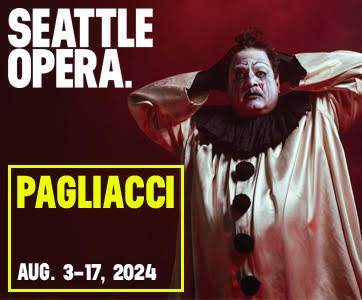
Pagliacci is one of those operas that has seeped into popular culture, its story of betrayal, love, and tragedy almost as famous as its music. I walked into the theater with a sense of anticipation, unsure of how I would feel about this art form that I really did not fully understand and had left behind so long ago.

The moment the curtain rose, I was reminded of why opera has been cherished for centuries. The opening notes filled the air, and it was as if the years had melted away. The music, both haunting and powerful, immediately drew me in. There’s something about live opera that can’t be replicated— the sheer force of the voices, the emotion that pours from the stage, and the way the orchestra weaves everything together.
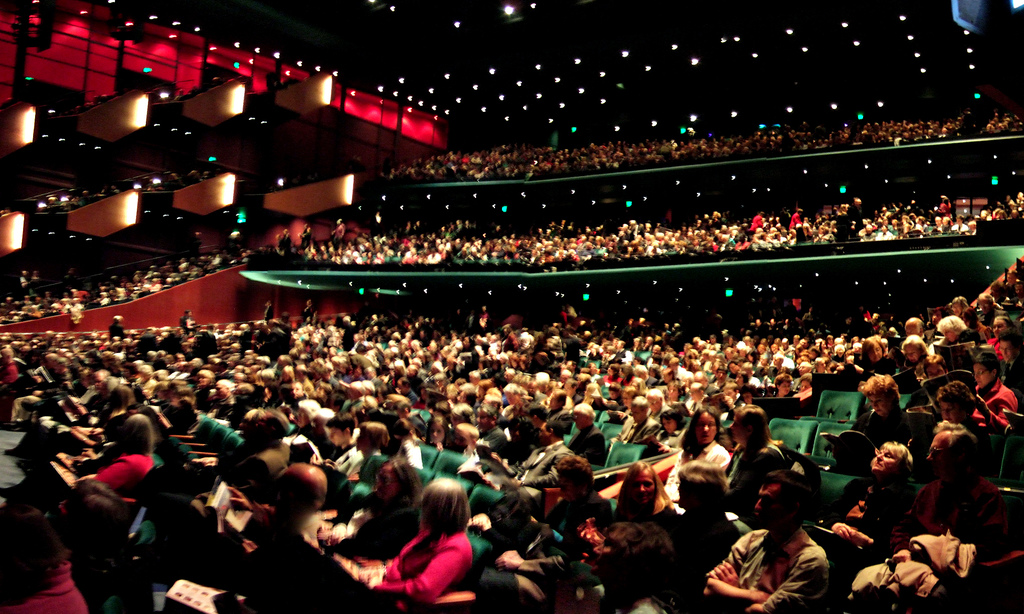
Pagliacci is a story that is as raw and intense as they come. The tale of Canio, the clown who must perform even as his heart is breaking, resonated with me in a way I hadn’t expected. The famous aria, “Vesti la giubba,” where Canio laments the need to laugh and make others laugh while he is suffering, was particularly poignant. It’s a moment of pure, unfiltered emotion, and it struck a chord deep within me.
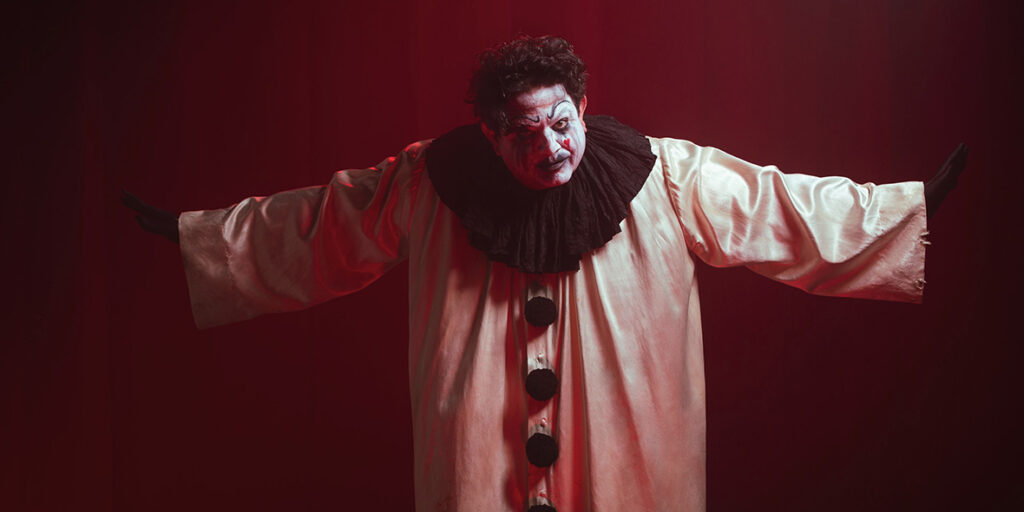
But beyond the story, what struck me most was how the opera experience itself has evolved. The audience, diverse and engaged, reflected a different world from the one I remembered. There was an energy in the room, a collective appreciation for the art that transcended generations. I realized that while I had been absent from the opera for decades, the art form had continued to grow, change, and captivate.
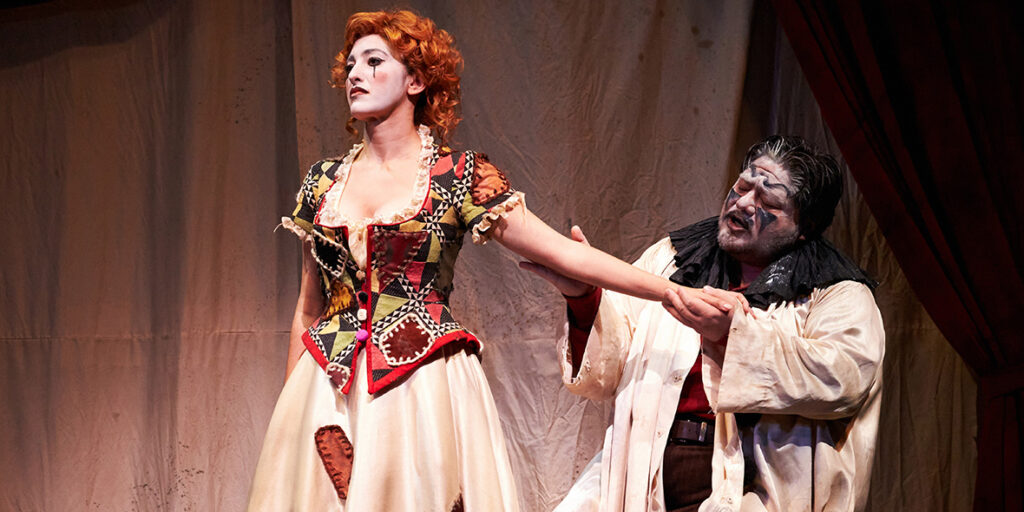
Watching Pagliacci after all these years reminded me that some things never lose their power. Opera, with its blend of music, drama, and spectacle, remains a profound way to explore the human experience. Last night, I was not just a spectator but a participant in something timeless, something that speaks to the very core of what it means to feel, to suffer, and to find beauty even in tragedy.
As I left the theater, I couldn’t help but think that this wouldn’t be my last opera for another 40 years. Perhaps it’s time to reconnect with this art form, to rediscover the stories, the music, and the emotions that opera so uniquely brings to life.
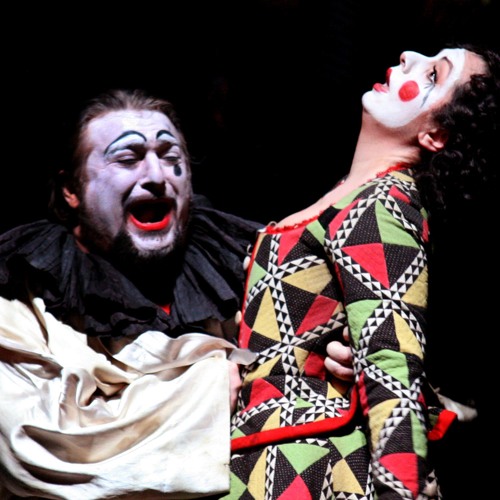
The tragic ending of Pagliacci, with the slaying of Nedda and her lover Silvio by the heartbroken Canio, leaves the audience in a state of shock and reflection. It’s a stark and brutal conclusion, one that doesn’t offer the comfort of resolution or redemption. The opera forces us to confront the darker aspects of human nature—jealousy, betrayal, and the consequences of unchecked emotions.
The message of Pagliacci lies in its exploration of the thin line between reality and performance, love and obsession, joy and despair. Canio’s role as the clown, who must entertain others even as his personal life falls apart, is a powerful metaphor for the masks we all wear. The opera asks us to consider the cost of those masks and what happens when they slip.
Leaving the story with the deaths of Nedda and Silvio is intentional; it’s a reflection of the tragic realities of life that don’t always have neat endings. The opera doesn’t offer easy answers or moral conclusions. Instead, it challenges us to grapple with the intensity of human emotions and the ways in which they can lead to irreversible consequences.
We’re supposed to take away the understanding that love, while beautiful, can also be destructive. The opera is a reminder of the fragility of happiness and the dangers of letting jealousy and rage consume us. While the music and performances are indeed magnificent, the story at its core is a cautionary tale about the destructive power of uncontrolled passion.
In the end, Pagliacci leaves us with a haunting sense of the inevitability of tragedy when emotions spiral out of control. It’s a powerful and unsettling message, one that lingers long after the final note has been sung.
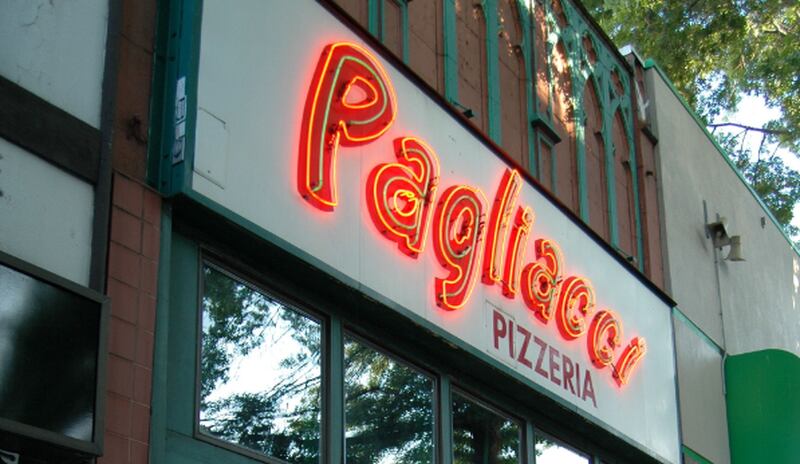
On my way home from the performance of Pagliacci, I passed by one of the Pagliacci Pizza storefronts in Seattle. This very popular pizza chain based in Seattle was founded in 1979 by Dorene Centioli-McTigue. The name “Pagliacci” was inspired by the famous opera. Centioli-McTigue chose the name to reflect her heritage and passion for Italian culture and food.
Pagliacci Pizza began with a modest goal of making good pizza and selling it by the slice—a concept that was considered radical at the time. Over the years, it has grown into a beloved local chain, known for its quality ingredients. I have been a long-time devoted customer of Pagliacci Pizza.
As I reflect on why I enjoyed the opera so much this time, I think it could be because of…
- The power of the opera, its messages, its music, its performers, or
- The fact that as operas go, it was a short one, just 2 hours in length, or
- The fact that I got to enjoy it with one of my best friends, or
- The fact that it was wonderful to be part of a community event that brought 2,900 fellow citizens together to take a couple of hours out of their hectic lives to enjoy a cultural event, or
- The fact that my love for Pagliacci pizza almost guaranteed that I would love the opera of the same name.
What do you think?
I’m enjoying reading your short story’s. You have a great way of describing what you see and experience.!
Thanks
Nick
So agree with Nick. Your writing is truly a gift to you and your readers.
I wish had read this 20 years ago. Being the Philistine that I am, I have no appreciation for opera. When I volunteered to work for a 2 week Earthwatch project dealing with acid rain in the Black Triangle I was treated to the opera in Prague in their old but elegant in velvet reds and golds Opera House. Very hot July day and no air conditioning. I skipped out for a beer and a stroll thru the city for the second half of the screaming! A week later the same situation in the Bohemian City of Librice. Returning home I informed Liz I’d been to my first and last operas. Can’t get it, much like my taste for Shakespear!